Japan
LTA application for NTPC's 1,320 MW Tanda power project awaited
LTA application for NTPC's 1,320 MW Tanda power project awaited
The LTA application from NTPC for it's 1,320 MW Tanda power project in Uttar Pradesh is yet to be received, according to Powergrid.
Tohoku Electric expects $3.279B net loss for fiscal 2011 due to quake
Tohoku Electric expects a net loss of US$3.279 billion for the fiscal year ending March 31 due to the March earthquake.
Japan's nuke plant-dependent town hushes nuke criticism
Ohi mayor Shinobu Tokioka wants the Japanese government to come up with a comprehensive set of safety standards and measures based on information from the Fukushima accident.
Tohoku secures more LNG to offset power plant losses
Tohoku Electric secured 2.2 million tonnes of additional LNG to offset lost output from two quake-damaged nuclear and fossil fuel plants.
Japan confident of avoiding summer power cuts sans nuke plants
The government of Japan announced that the country will avoid power cuts this summer even without nuclear power.
Japanese sell more solar power back to utilities
Japanese small solar panel owners sold 50 percent more power to utilities last year than in 2010. Owners sold a total 2,150 gigawatt hours to power utilities last year, helped by the government scheme. The data showed Japan's 10 regional power companies spent a total 96 billion yen or $1.2 billion for surplus solar power from house owners and small businesses last year via a feed-in tariff scheme, which requires them to buy such power, reports Reuters. Last year's purchase volume is equivalent to 0.24 percent of sales from the power companies of some 884,000 gigawatt hours a year on average in the three years to March 2011. In 2010, power companies bought 1,400 gigawatt hours of such surplus solar power via the same scheme. When a full-fledged scheme applying any electricity from solar, wind, small hydro, biomass and geothermal power plants is launched in July, the existing one will remain but cover surplus power from solar panel owners of up to 10 kilowatts only. Currently, regional power firms pay 48 yen per kilowatt hour for surplus electricity from solar panel owners of less than 10 kilowatts and 24 yen for surplus power from owners of 10 to 500 kilowatts, and allowed to add on the extra costs to all users in the same region evenly.
Tepco amenable to $13B govt bailout: sources
Tepco will agree to be taken over by the government in a near-$13 billion bailout.
UN team reviews Japan's nuclear stress tests
Tests conducted by Japan to prove the safety of its nuclear reactors is now being reviewed by UN nuclear experts.
Tepco may sell older fossil-fuel plants
Tepco may sell or invite outside investments for its older fossil fuel-fired power plants.
Japan's wind capacity records slowest growth in 10 years
Japan's wind power capacity rose 11.7 percent in the year to March 2011as the country was set to launch a new subsidy system to lure investors to the sector.
Restart of Japanese nuke plants sparks protests
Japan's push to restart nuclear reactors by proving their safety through stress tests sparked an angry response from the public.
Japan’s nuclear power plants are on the verge of extinction
Nuclear power in Japan faces its moment of truth.
Asian heavy hitters look to fund multi-million dollar energy projects
So who are the new angel investors of big-ticket Renewable Energy projects?
Japan to allow reactors to operate up to 60 years
Japan will allow nuclear reactors to operate for up to 60 years according to it revised regulations on power plant operators.
US firm to invest $4.6B on Japanese solar plants
SunEdison will spend around $4.56 billion on building 1,000MW of solar power plants in Japan over the next five years.
Tepco not considering selling power plants
Tepco is not considering selling any power plants to compensate victims of its Fukushima Daiichi nuclear facility.
Tepco's gas use projection on record high to offset nuke loss
Tepco bumped up its gas use plans to a fresh record high to make up for lost nuclear output after the destruction of its Fukushima Daiichi plant.
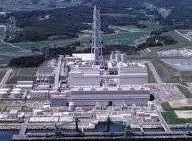
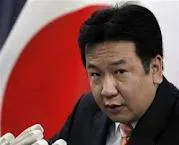
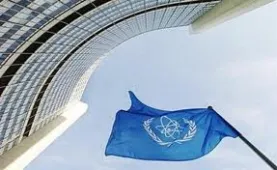
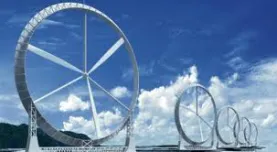
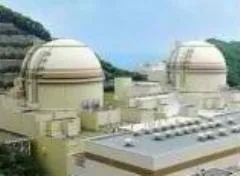
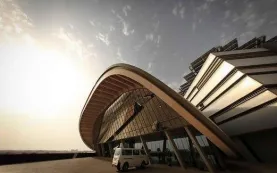
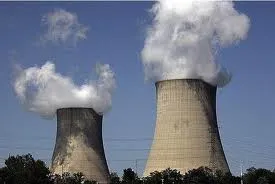
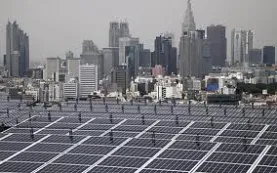


 Advertise
Advertise

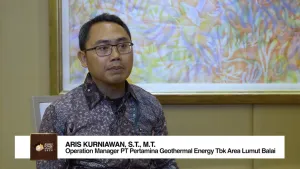
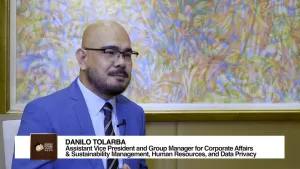

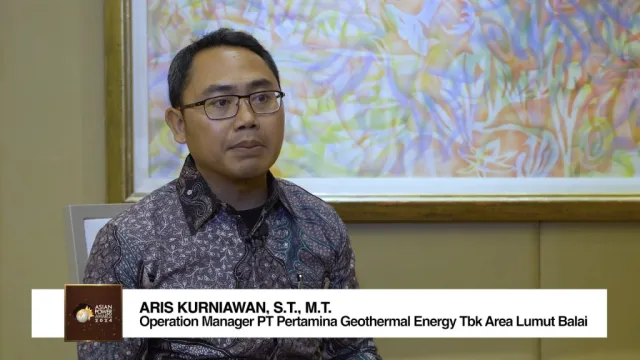
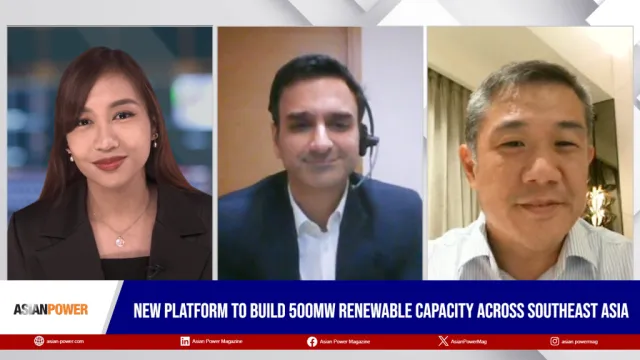
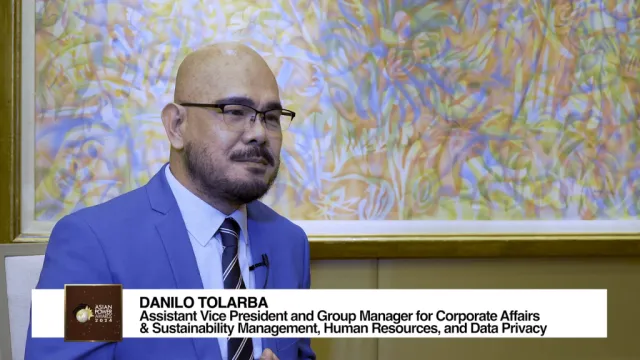
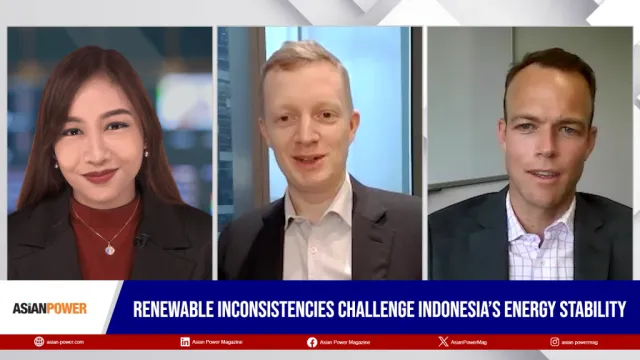






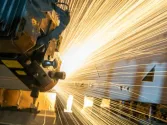
Commentary
Navigating risk strategies for decommissioning traditional power plants